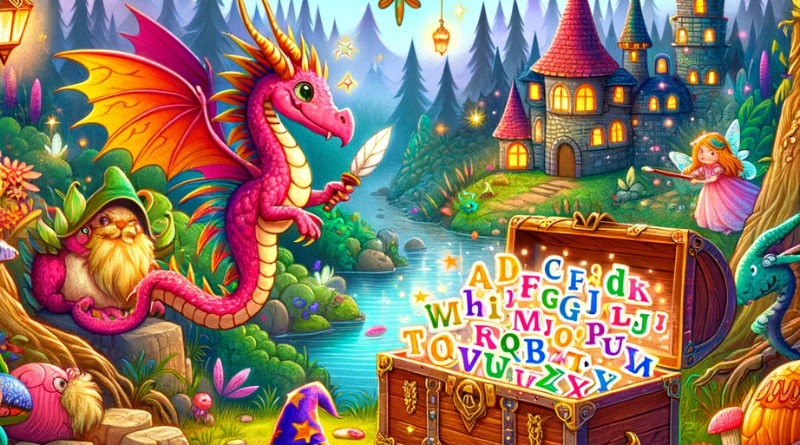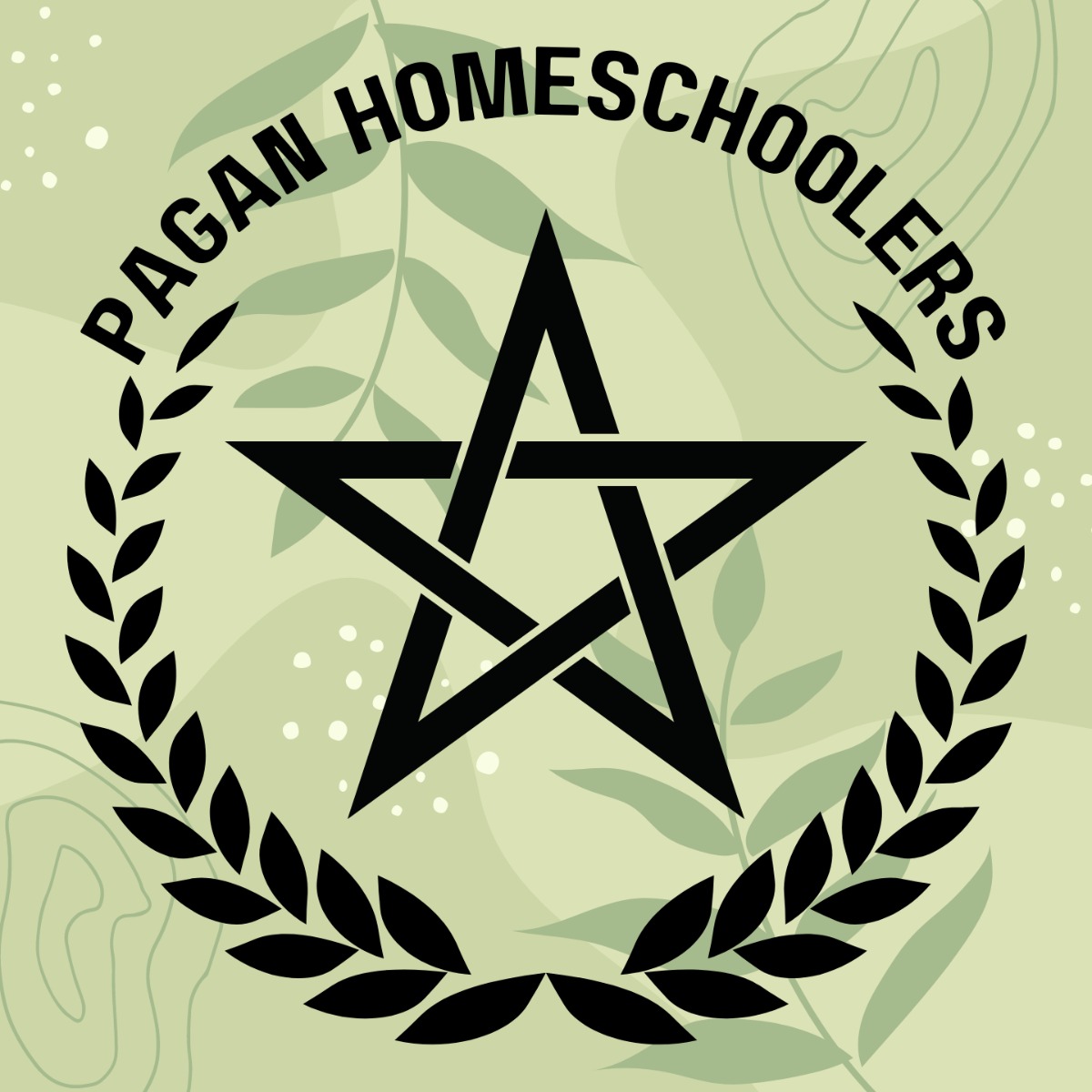A Pagan Parent’s Guide to Faith-Based Homeschool Curriculum
The decision to homeschool your child can be one of the most important you’ll make as a parent, and it’s certainly not an easy one to make. Before taking this leap, you should explore all your options, including faith-based homeschool curriculum options. Our curriculum offers many of the same features as their secular counterparts, but they also provide spiritual guidance that helps children build self-confidence and personal responsibility while learning more about their world around them and how it came to be.
Myths and Misconceptions
Many people have misconceptions about Paganism and Pagan religions. Some think Paganism is synonymous with witchcraft or black magic, while others may believe that Pagans follow ancient evil religions. This couldn’t be further from the truth. Contrary to popular belief, Pagans do not worship the devil. In fact, Pagans don’t believe in the devil at all! Nor do they worship an ancient god or goddess from an indigenous culture they do not belong to. In other words, Pagan religion has nothing to do with any of these things.
The term Pagan comes from the Latin word “paganus” which means peasant or rural dweller. So basically, Pagans lived in rural areas outside major city centers during early Christianity, and they didn’t adopt Christianity when it was first introduced. Paganism is a belief with many schools of thought, because there is no central set of beliefs like most organized religions.
Many people think that modern Pagans are neo-pagans or Wiccans, but there are many pagan belief systems and traditions. Most of us follow our personal spiritual path based on our understanding and interpretation of religious traditions.
If you don’t know where to start
The most important thing for any parent is to find the curriculum that meets their child’s needs. With so many out there, it can be hard to know where to start. A good rule of thumb is to look for something that works with your beliefs and schedule, but also has the flexibility to adapt it as needed. In addition, consider what type of grading system they use (or if they use one at all) and how many hours of instruction are in each week. Lastly, see what other parents say about the program before making your decision!
You might also want to ask yourself:
- What topics do I want my children to learn?
- What sorts of things do I want them to learn about?
- How much time do I want to spend on each subject?
- What are my state requirements?
- Is this going to fit into our daily lives?
- Is this going to work for my family’s belief system?
These are just some questions you should keep in mind when choosing a faith-based homeschool curriculum. Remember, though, that not every curriculum will meet every need. We hope Pagan Homeschoolers will be a great fit for your child, but if not, keep looking until you find what feels right to you and your child.
One final piece of advice we can give is to try different types of programs to see what fits best for your child. It may take more than one trial run before you’re ready to commit to anything, but that shouldn’t discourage you from trying different options.
Is an Online Faith-Based Homeschool Curriculum Program Right For Me?
Choosing an online program for your child can be a great choice if you’re looking for flexibility, affordability, and convenience.
But it isn’t the right choice for every family. Here are some questions to help you decide if online is right for your family:
- How much time do I have available each day?
- Am I comfortable using technology?
- Do I have reliable access to the internet?
- Do my children enjoy using technology?
- Is there someone who can help me monitor my children while they’re learning on the computer?
Many Pagan families home school their children to teach them their religion, so as to avoid potential conflict with other students and teachers at school. A faith-based homeschool curriculum has the added benefit of preparing your child for life or college without overwhelming them with material that contradicts what they were taught at home.
Although faith-based curricula often requires more parental involvement, most people feel the benefits outweigh the extra work. Some examples of the benefits include higher test scores, increased literacy rates, and greater academic achievement. One more thing to think about when deciding which curriculum is best for your family is how religious you would like the lessons to be.
Why you should use our Pagan faith-based Curriculum
We hope that you are considering our faith-based homeschool curriculum and not just looking for any old curriculum. There is one very important reason why you should choose our curriculum: because it has been created with your children in mind.
Our curriculum is designed to teach both the religious and secular aspects of life, so your child can find meaning in both the world around them and their own spirituality.
We want you to know what makes us different from other curricula before making a decision about which one might work best for your family. Here are some things that make our program different:
- Our curriculum emphasizes paganism, while still teaching truth in reality.
- You can choose lessons that reflect your values, such as gender equality or environmental responsibility.
- Our methods encourage independent learning and allow your children to explore topics at their own pace.
Are there any special considerations?
Choosing the right homeschool curriculum for your family can be daunting. With so many options available, it is difficult to know which one will suit your needs. But when it comes down to it, there are two main things that you should consider before making a final decision: how religious does the curriculum promote itself, and what faith tradition does the curriculum promote?
For those of us who are Pagans or from other faiths, these considerations are especially important. We want them to learn about our own traditions, in addition to others’ religions. To do this, we need a curriculum that promotes pluralism, while also teaching respect and understanding between different religions. That’s our goal here at Pagan Homeschoolers.






